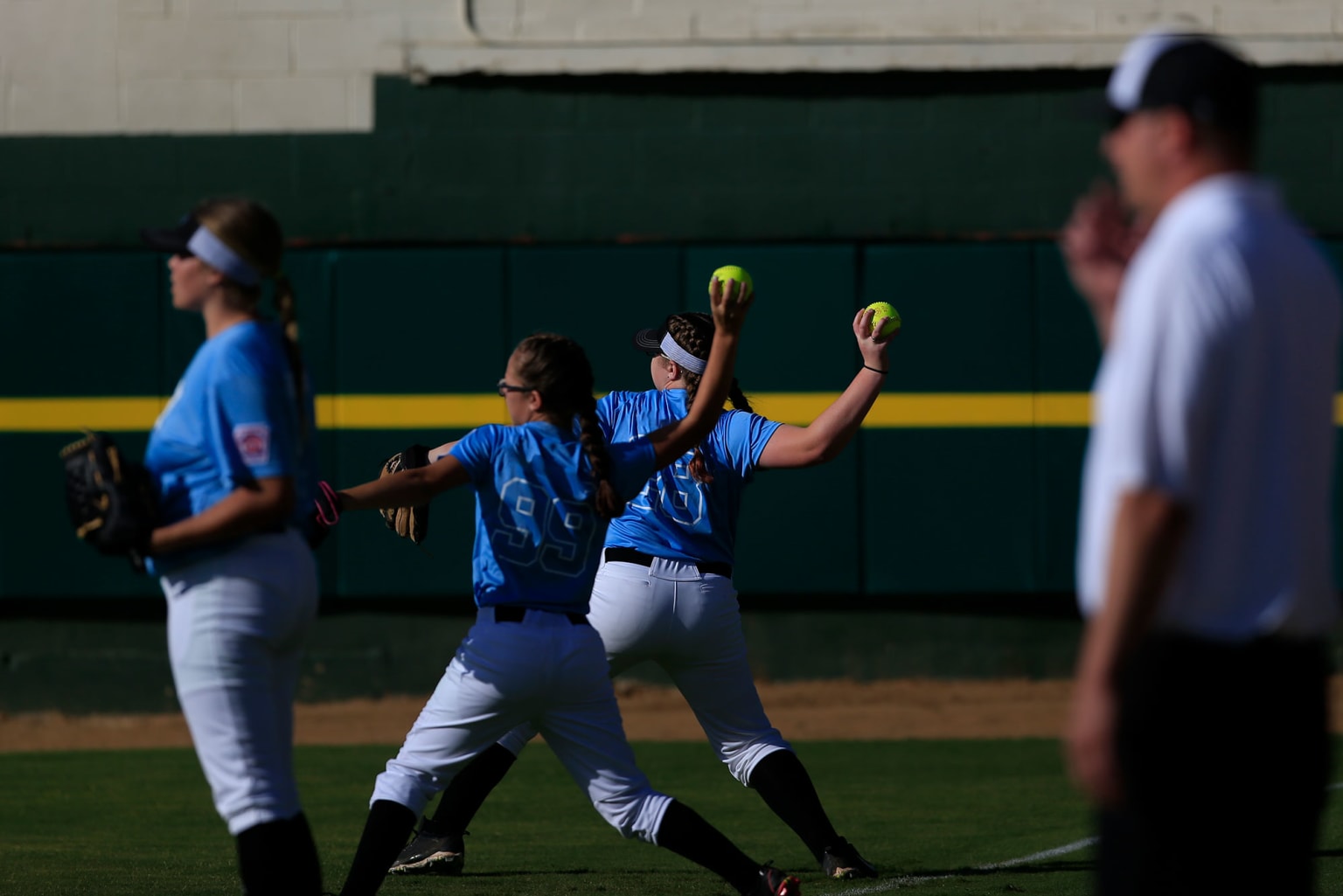Your Team’s Character Is Developed During Practice

The most important time you spend with your team is at practice, and the foundation for building team character is coaching a practice focused on hustle, repetitions, and attitude.
Hustle
Beginning with the first practice, start to mold the players’ mindset by emphasizing the importance of hustle. Hustling on and off the field shows respect for the game, and illustrates a high level of discipline and mental toughness that makes your opponent take notice.
There is no talent needed to run on and off of the field, but it shows the other team that you are ready to play and want to play. Even if your team is losing, you still need to hustle because it shows the other team that they will need to play to the final out to earn a win.
Repetitions
Your players will never be perfect, but with ample repetitions, players do improve. Sound fundamentals are the key to success, and the only way to get better is by putting forth an honest effort and paying attention to details while executing each drill.
I’ve seen too many practices where a coach spends a major amount of time hitting to a position player with the rest of the team waiting for their turn. This approach does not engage the team, nor does it help them get better. To be more effective with the time you have, break out into smaller groups, one group per coach, and work on different fundamentals. A good example would be one coach with four to five outfielders working on fly balls. The small group is engaged and getting several more reps in a shorter span of time.
During this same time, another coach could be working with the range and mobility of the infielders. The third coach may be in the bullpen area working with pitchers and catchers. Maximize your time and get as many reps as possible.
Attitude
Maintaining a positive attitude in the face of disappointment and having a short memory sounds simple, but each are important skills to master that require work. Your team will respond the way you react to a win, a loss, a play, or questionable call. Baseball and softball are games of failure, and it is easy to lose focus when a play or at-bat doesn’t go your way. Players should know that if they allow the recent past to affect them, and don’t accept those experiences as teachable moments, then the next time the ball is hit to them or during their next at-bat, it will be that much harder to find success.
Remember that this is a game, and the lessons learned will go beyond the ball field. Yes, it is nice to win, but I can tell you that I remember my players’ successes, achievement and growth more than my wins and losses. Practice your team like you want them to play and the time spent will make for a much richer, long-term experience for you and the players.
Submitted by Jamie Joy, Little League International’s Manager of Operations. Mr. Joy has coached and managed in the Little League Baseball program for nearly 20 years. Prior to joining the Little League International Operations Staff, he was a coach on the Pennsylvania District 12 Big League Baseball team that represented the United States East Region in the 2001 Big League Baseball World Series. In 2003 and 2004, Mr. Joy was again a member of the Pennsylvania District 12 Big League Baseball team’s coaching staff. Both seasons were highlighted by an East Region championship and appearance in the Big League Baseball World Series.